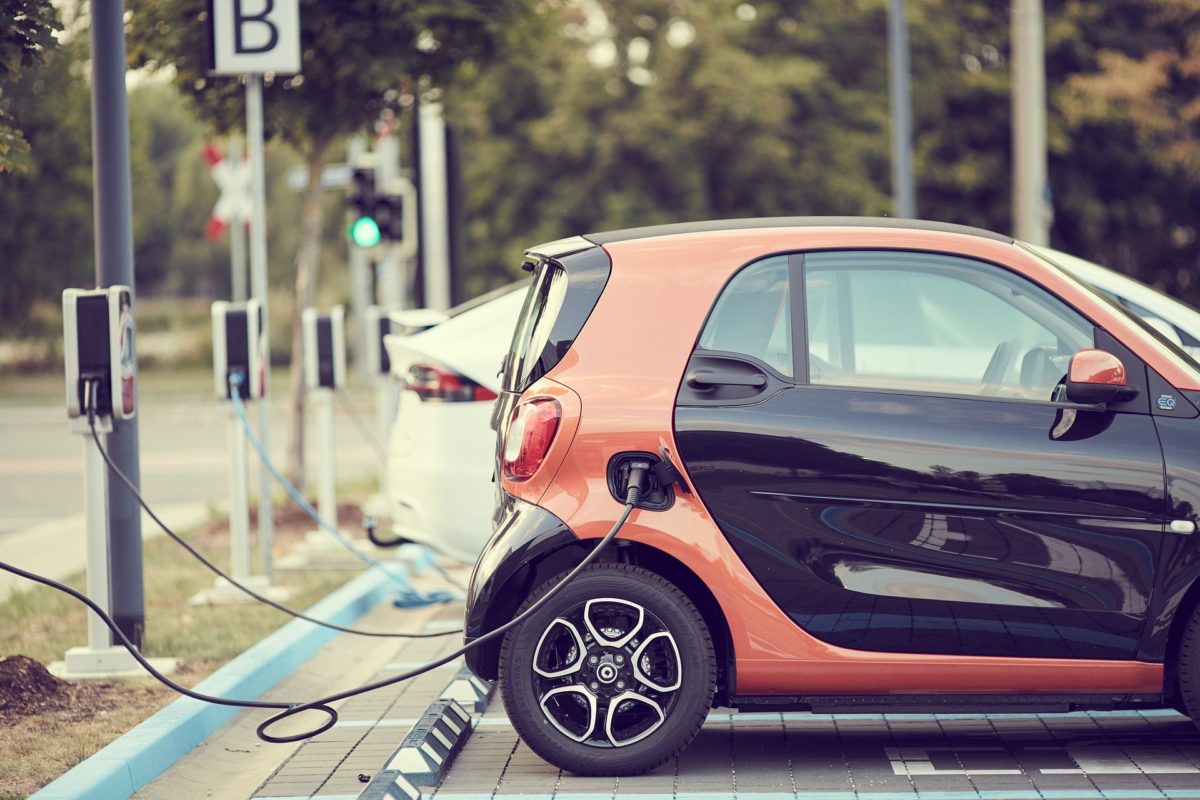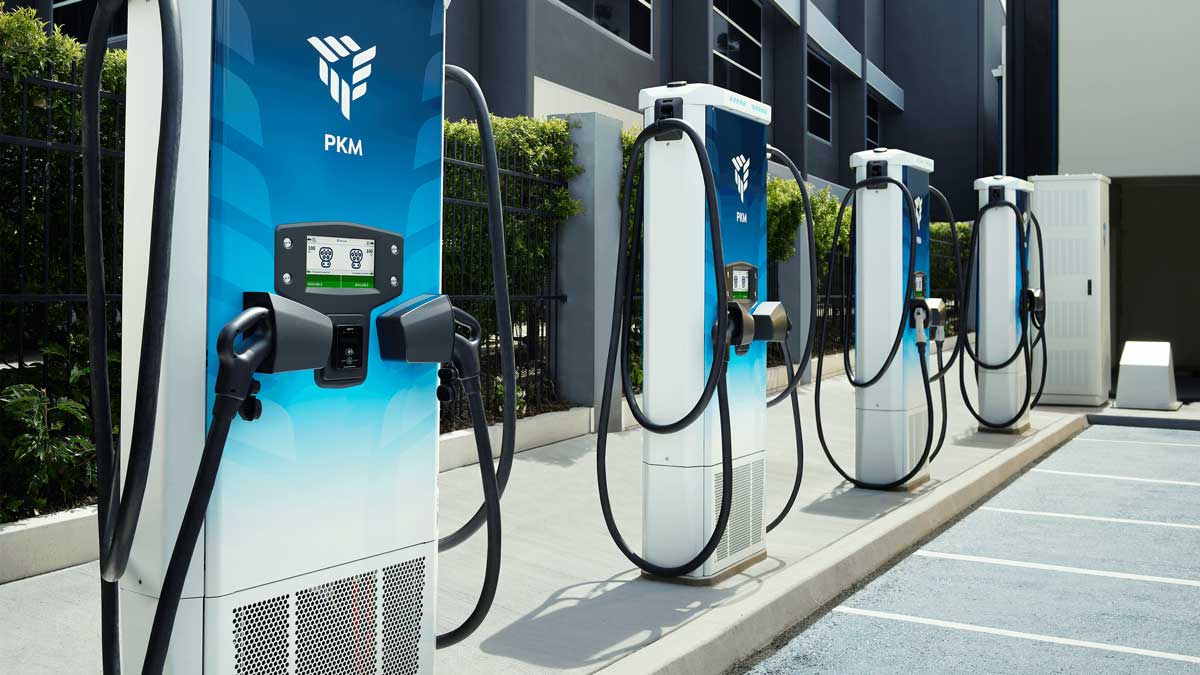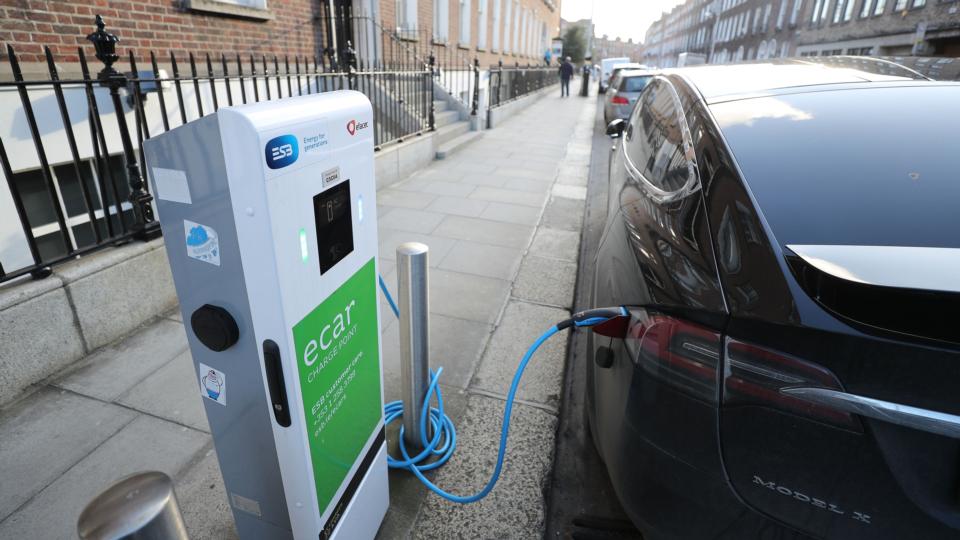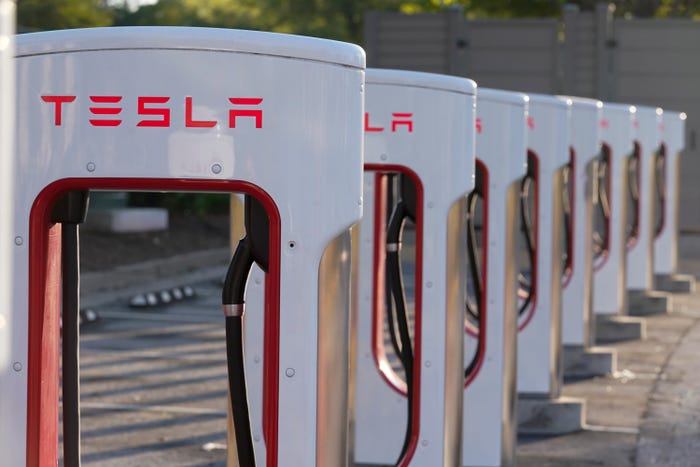The British government announced a £16 million ($19.6 million) investment in smart charging technology for electric vehicles (EVs) on Monday. The goal of the investment is to enable EV drivers to charge their vehicles during times of low energy costs or high renewable energy availability.
Energy and Climate Minister Graham Stuart said, “We aim to make smart charging a convenient option for EV drivers, whether at home, work or on the street, by building new infrastructure quickly with the latest technologies.”
The government will collaborate with energy regulator Ofgem to fund projects that promote efficient EV charging, including making bi-directional charging more accessible and allowing EV owners to charge during low-cost or surplus energy times.
This program aims to help drivers save money on charging their vehicles. It is estimated that the average driver could save up to £200 ($245 USD) per year, with high-mileage drivers potentially saving up to £1000 ($1,227 USD) per year through the use of smart charging.
The program includes funding for the development of smart light poles for street charging and energy sharing, software to reduce barriers for domestic bi-directional charging, and a project to prolong EV battery lifecycles through monitoring and advising on usage.
The project provides funding for various domestic initiatives, including non-automotive projects like passive heat pumps, programs that assist in optimizing energy consumption through the use of renewable energy, and others.
“This latest innovative plan will help to maximize the benefits of smart charging, offer vital savings to consumers and reduce the overall cost of energy by seizing the opportunities to use batteries to both power homes and fuel the wider grid,” said Neil Kenward, Ofgem’s director for strategy and decarbonization.
An action plan delivered today aims to establish smart charging as the standard for homes and businesses in the U.K. by 2025, and to increase its prevalence at public charging locations by the late 2020s.







